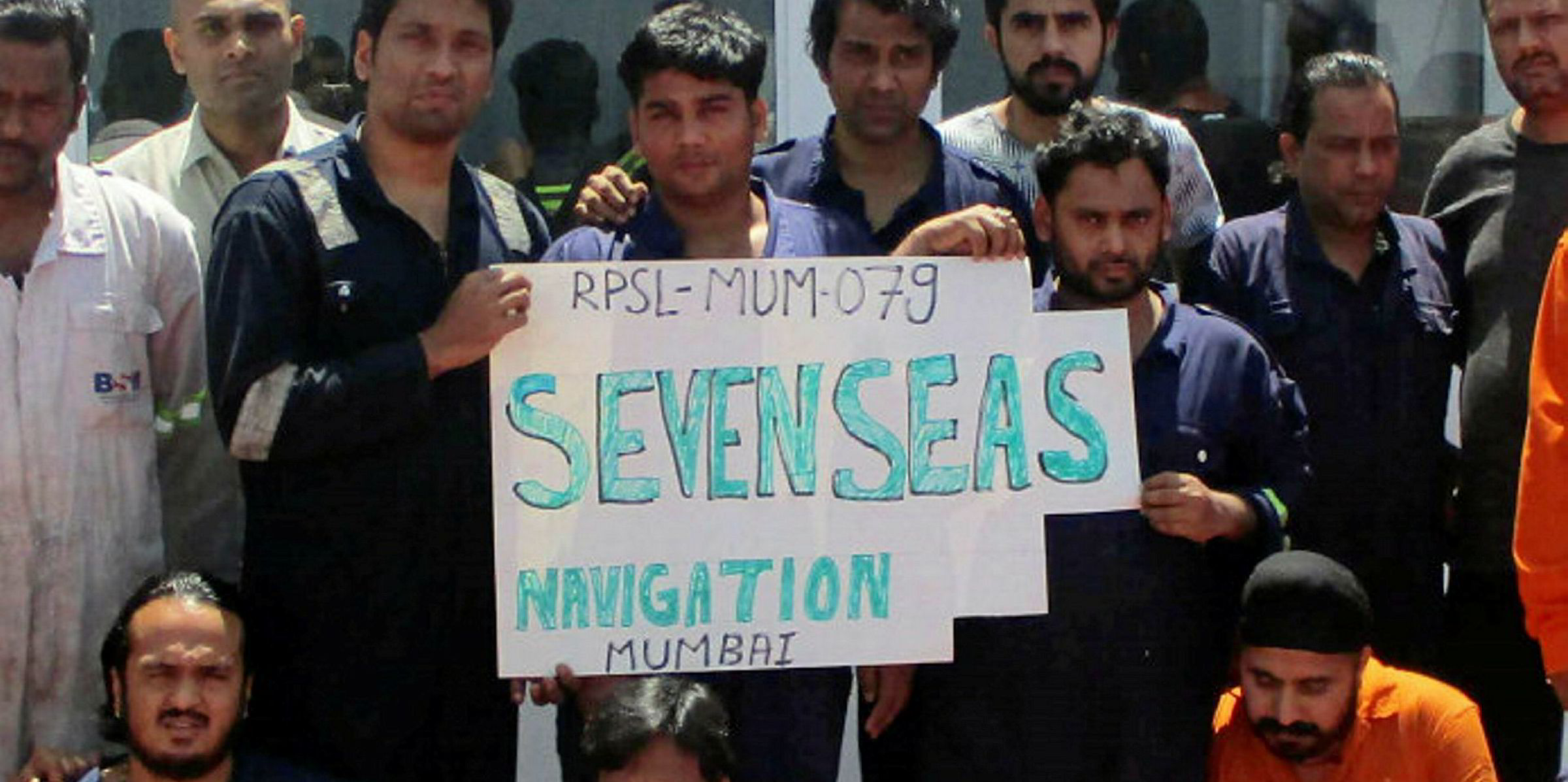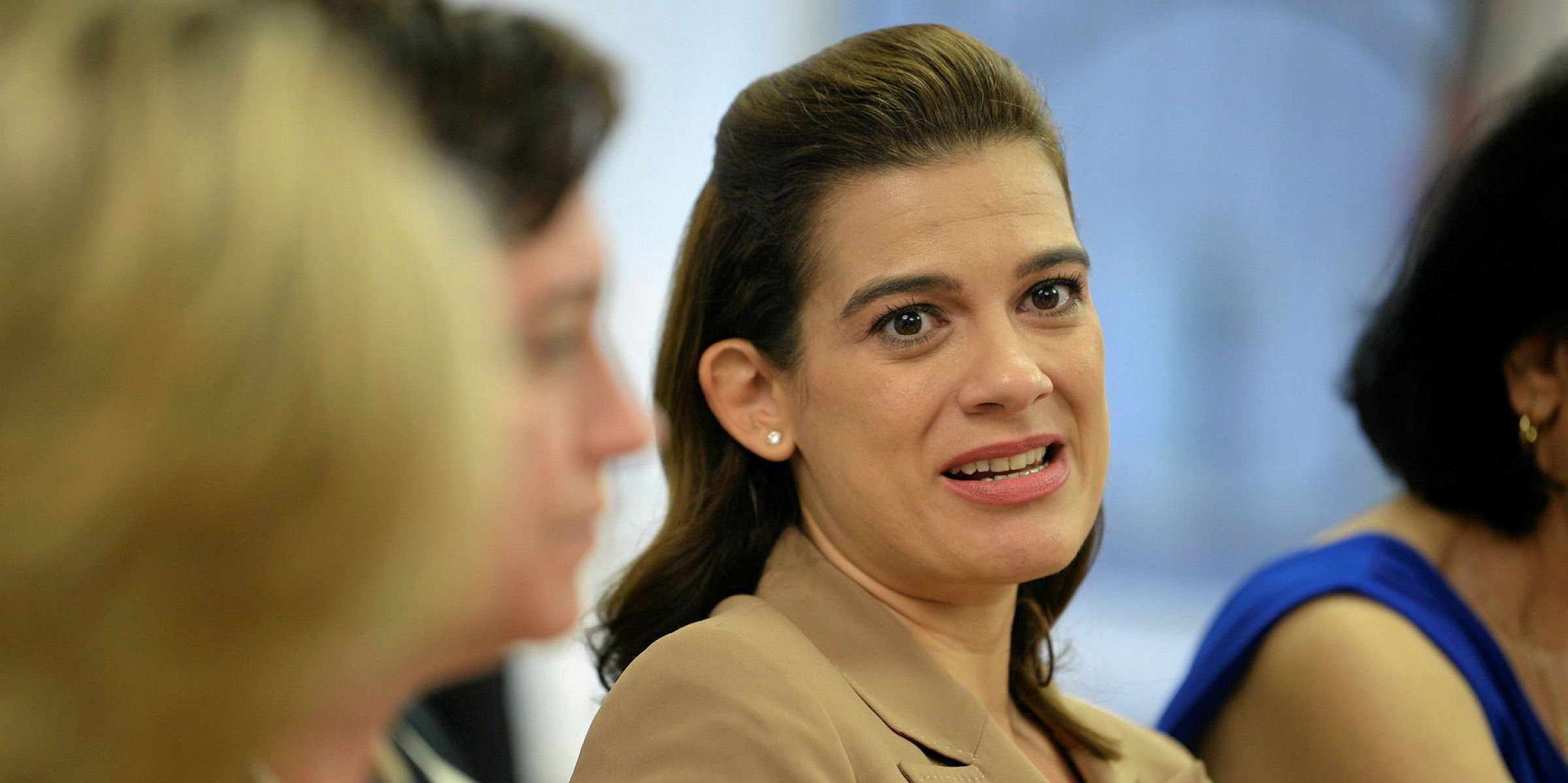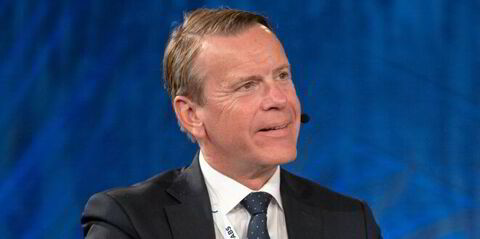A UK charity has condemned a move by the International Transport Workers’ Federation (ITF) to get seafarers to stop working and leave vessels they've been stuck on during coronavirus lockdowns.
Human Rights at Sea said the action announced this week will harm the most vulnerable in society.
The charity added the move will disrupt global supply lanes and "has been received with disbelief, alienating the unions at a time in humanity’s history when global unity and stability is most needed".
The charity said it strongly denounced what it considers "irresponsible and short-sighted actions".
They could have life-changing repercussions and long-term ripple effects for the most vulnerable in society, Human Rights at Sea added.
Concern for those in the margins
"Such a call to action for global organised disruption will predominantly affect those in the margins of society for whom charity and welfare support are quite literally life-lines, including the reliance on regular seaborne re-supply for supporting the day-to-day lives of entire communities and states," the charity said.
The organisation added that these are the very people the ITF claims to support but instead it will potentially cause an even greater maritime welfare crisis, it argued.
Some relaxation has occurred in changeovers in the last three weeks, but shipmanagement group Anglo-Eastern Univan has only been able to repatriate 1,500 of the 16,000 seafarers it has on vessels, its chief executive Bjorn Hojgaard said at the London Capital Link forum on Tuesday.
ITF general secretary Stephen Cotton said at the same event: "Our fear is that when we have had the best collaboration I’ve seen in 27 years, still we can’t get the right people to make the right decisions."
Cotton stressed that the ITF does not hold shipowners responsible for the difficulties in changing crews over due to the pandemic, but from 16 June it will support seafarers in starting to enforce their right to stop working and return home.
Human Rights at Sea believes the campaign will hit the United Nations' World Food Programme and critical supplies for UNICEF and UNHCR development work.
Vigilante action?
The group called Cotton "bullish" when he said: "If getting seafarers off these ships causes chaos in supply chains, if ports back up from Singapore to San Francisco, and if this causes ship insurance providers to pull their coverage and global trade to grind to a halt; then that is on the heads of politicians, not the world’s seafarers."
This "can only be viewed as setting a dangerous vigilante precedent in the global maritime environment," Human Rights at Sea said.
The charity has called on the IMO, the International Chamber of Shipping and other industry bodies to publicly distance themselves from this "damaging and ill-conceived call to action".
The ITF has declined to comment on HRAS' views.





